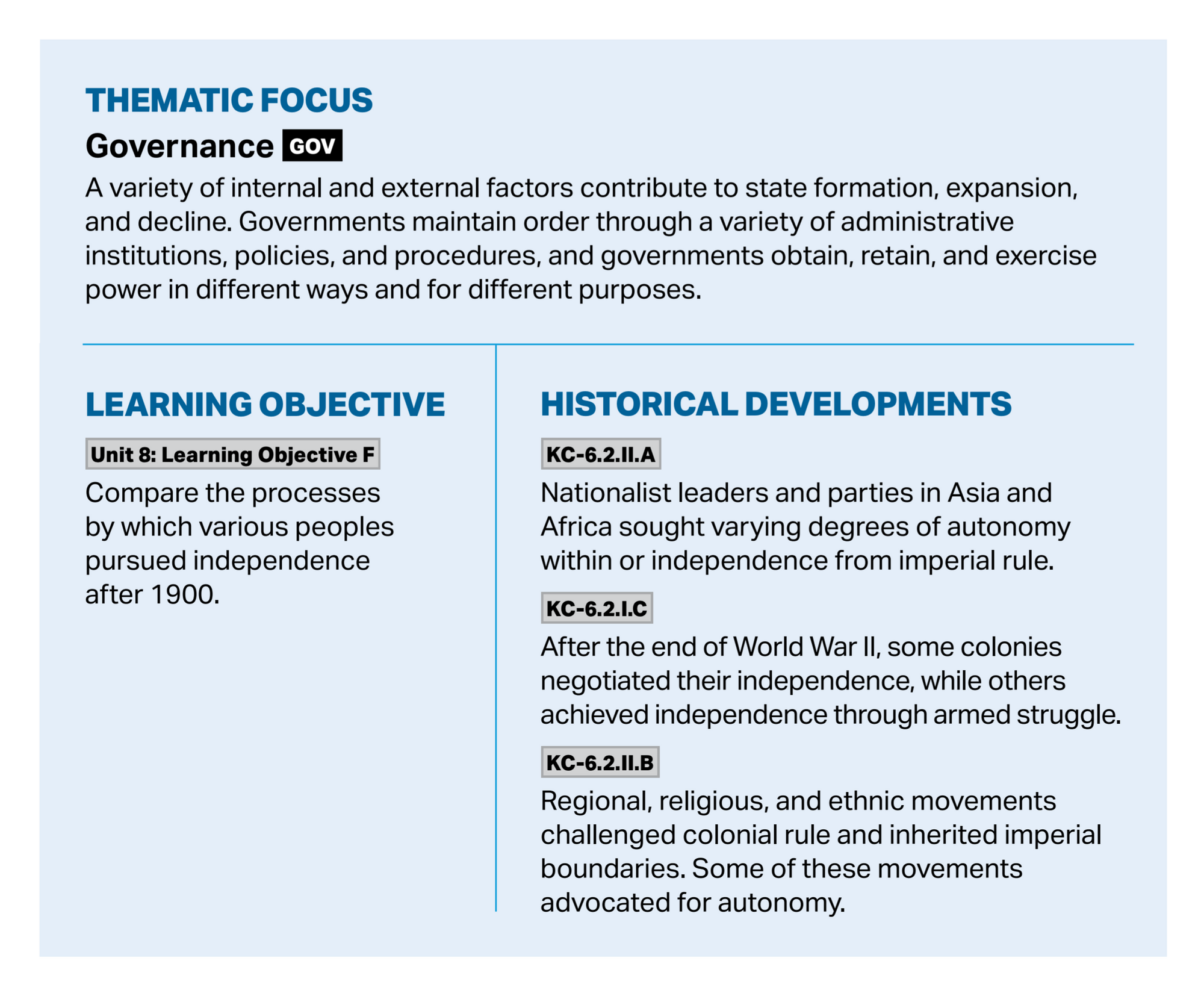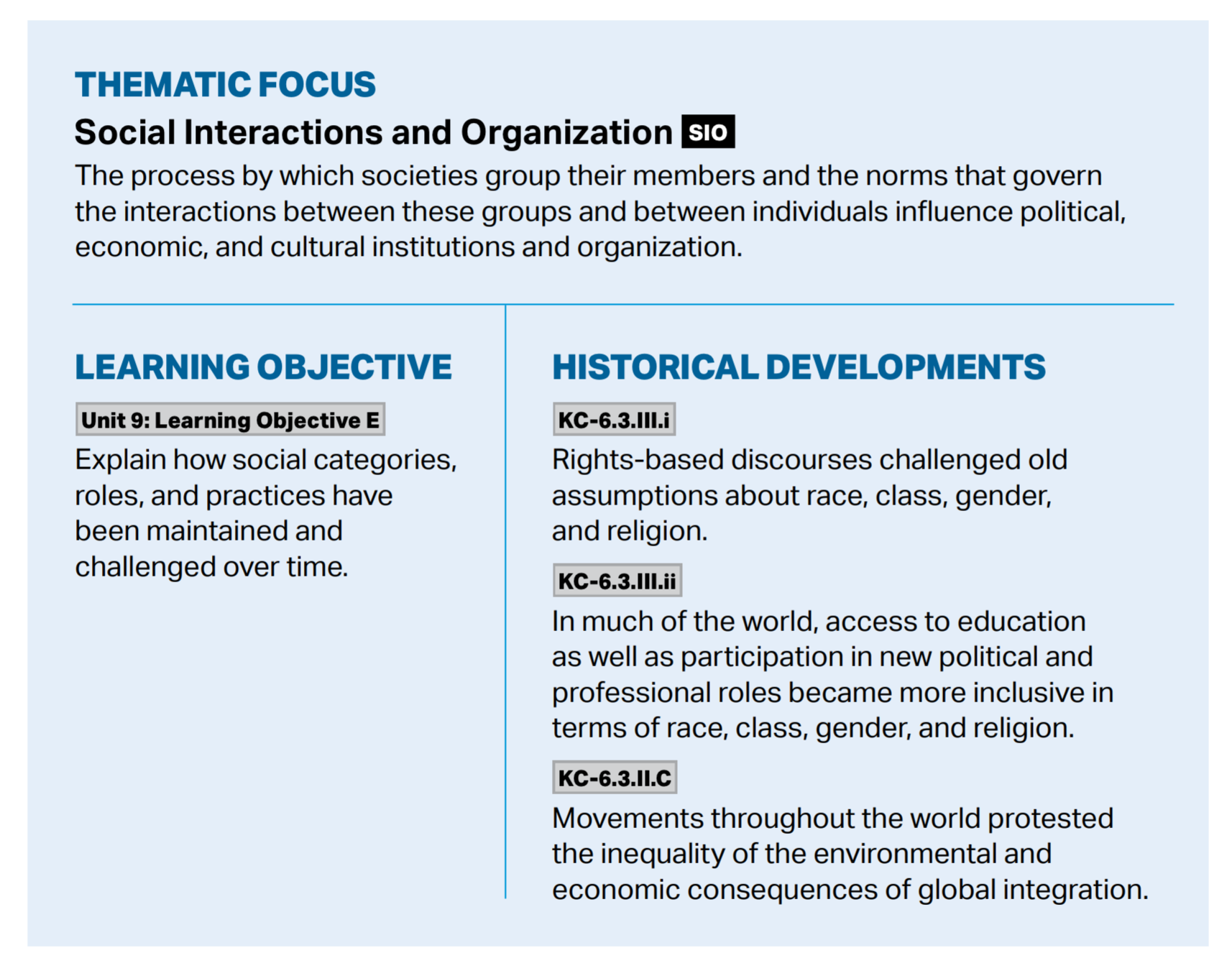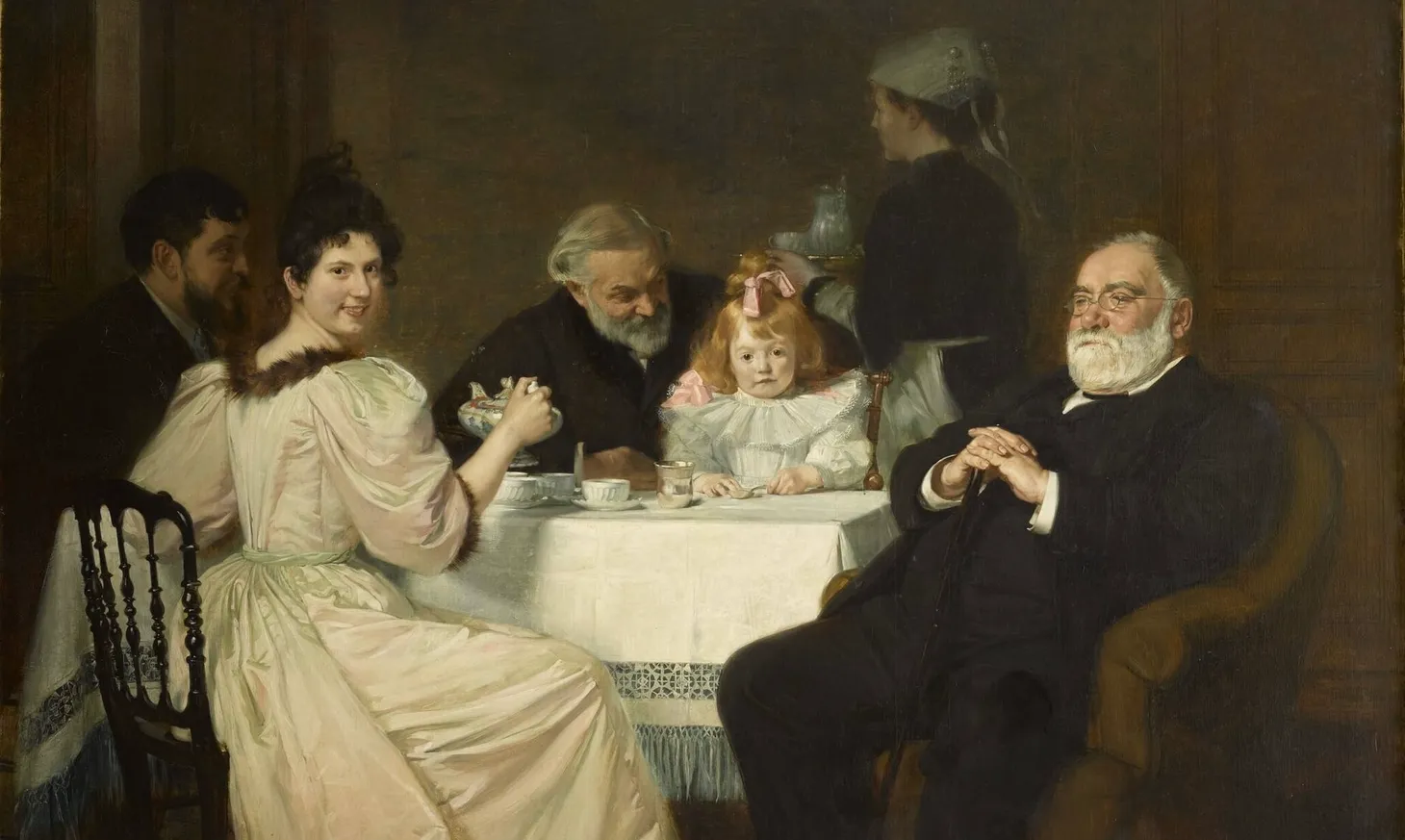“To Fend for Existence in the Poorest Conditions”: Women and Decolonization in 1963
A discussion of how we can use a speech from 1963 to discuss decolonization, gender roles, feminism, and the Cold War.



The Source
Teaching twentieth-century world history often seems like a challenge because there are so many topics we want students to be familiar with. One way to address this challenge is by using primary sources that address multiple issues, such as sources that allow students to learn about changing ideas about gender, decolonization, and the Cold War. Sources such as this speech from Celina Simango allow students to reflect on how historical developments are often interconnected.
This Content is for Subscribers on the Buy Me Dinner and Buy Me Lunch tiers
SubscribeAlready have an account? Log in



